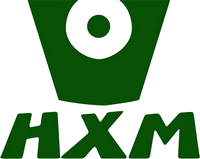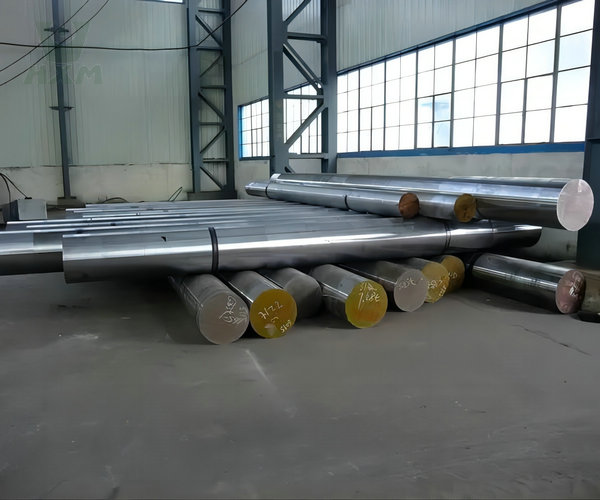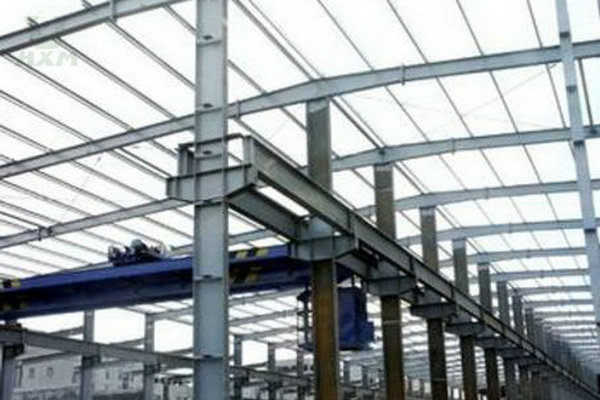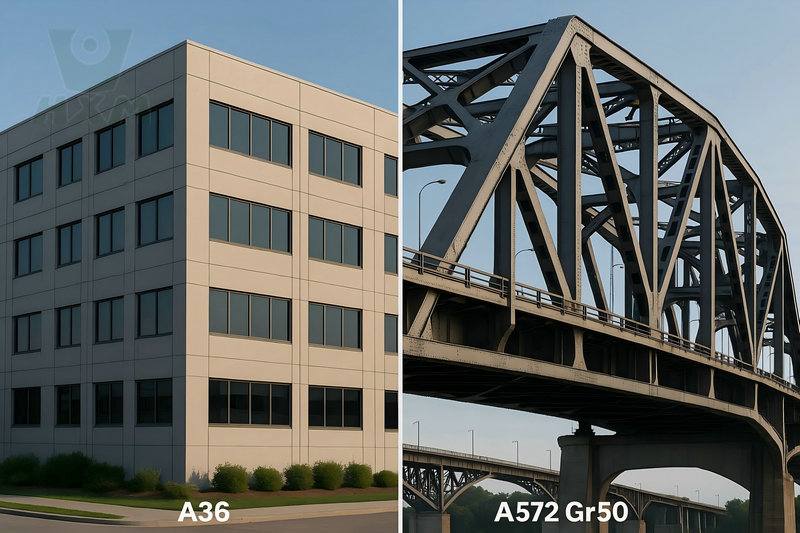Incoloy vs copper are widely used materials across various industries, each with unique properties and applications. Choosing the right material can significantly impact the efficiency and cost-effectiveness of a project. This comprehensive comparison will help you understand the differences between Incoloy vs copper, enabling you to make the right choice for your specific needs. If you have any questions, you can contact us directly.
We have been in the metal industry for over ten years and have professional knowledge.
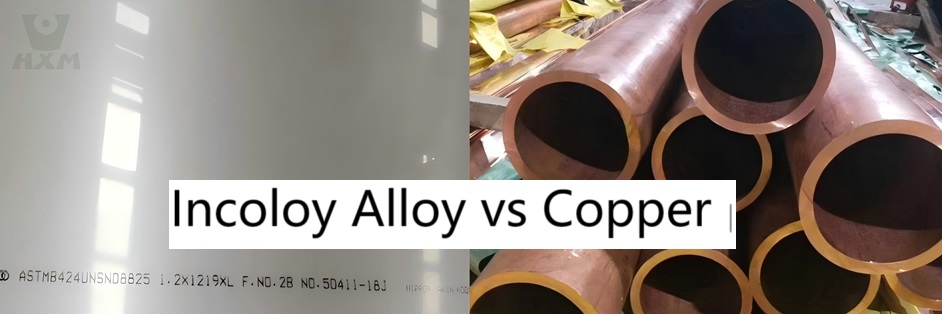
What Is Incoloy Alloy?
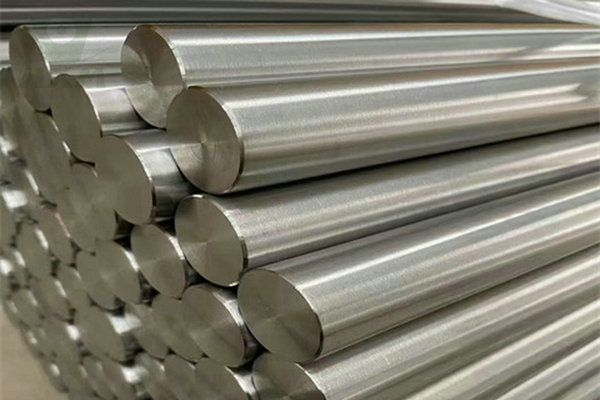
Incoloy Alloy
Incoloy Alloy Supplier and Manufacturer From China Incoloy alloys are a class of corrosion-resistant and high-temperature alloys widely used in petrochemical, chemical processing, seawater treatment,
Incoloy is a family of nickel-iron-chromium-based alloys designed for exceptional resistance to oxidation and corrosion. These alloys are known for their durability in high-temperature environments and their ability to withstand harsh chemical conditions. Incoloy is widely used in industries such as oil and gas, chemical processing, and marine engineering.
- High corrosion resistance
- Excellent mechanical strength
- Stability at high temperatures
- Resistance to oxidizing and reducing agents
What Is Inconel Alloy?
Copper is a naturally occurring metal known for its excellent electrical and thermal conductivity. It is widely used in electrical wiring, plumbing, and industrial machinery due to its malleability and ductility. Copper is also valued for its antimicrobial properties, making it a popular choice in healthcare and food-related applications.
- Exceptional electrical and thermal conductivity
- High ductility and malleability
- Natural corrosion resistance
- Antimicrobial properties
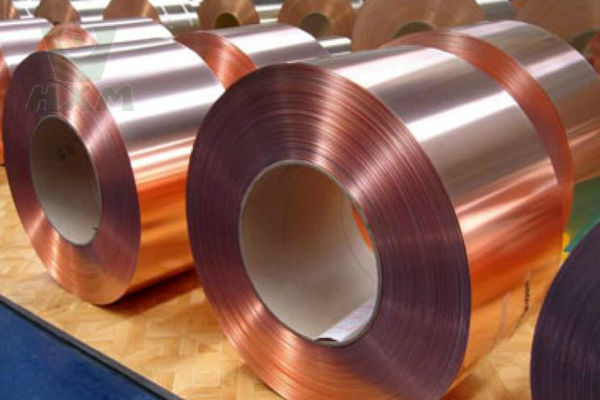
Copper Metal
Copper Metal Suppliers From China The company is one of those that produce, process, and sell copper rods, copper tubes, and copper metal suppliers in
Incoloy vs Copper: What is the Difference?
Material Composition: Incoloy vs Copper
Incoloy: Primarily composed of nickel, iron, and chromium, with variations depending on specific grades.
Copper: Pure metal, sometimes alloyed with zinc, tin, or other elements for specific applications.
Thermal Properties: Incoloy vs Copper
Incoloy: Maintains structural integrity at high temperatures, making it ideal for heating elements.
Copper: Superior thermal conductivity, suitable for heat exchangers and electrical applications.
Mechanical Properties: Incoloy vs Copper
Incoloy: High tensile strength and resistance to deformation under stress.
Copper: Excellent ductility and flexibility, but lower strength compared to Incoloy.
Environmental Impact: Incoloy vs Copper
Incoloy: Recyclable but requires more energy-intensive processes.
Copper: Highly recyclable and widely reused, contributing to sustainable practices.
Corrosion Resistance: Incoloy vs Copper
Incoloy: Exceptional resistance to pitting, crevice corrosion, and cracking in harsh environments.
Copper: Naturally resistant to corrosion but can develop patina over time.
Electrical Properties: Incoloy vs Copper
Incoloy: Not suitable for electrical conductivity applications.
Copper: Among the best materials for electrical wiring and circuitry.
Chemical Properties: Incoloy vs Copper
Incoloy: Resists oxidation and chemical degradation.
Copper: Reactive to some acids and alkalis, leading to potential degradation in extreme conditions.
Economic Considerations: Incoloy vs Copper
Cost Considerations: Copper is generally more affordable, while Incoloy’s price reflects its specialized properties.
Durability: Incoloy’s longevity in challenging environments can offset its higher initial cost.
Applications and Uses: Incoloy vs Copper
Incoloy: Heating elements, marine components, and chemical processing.
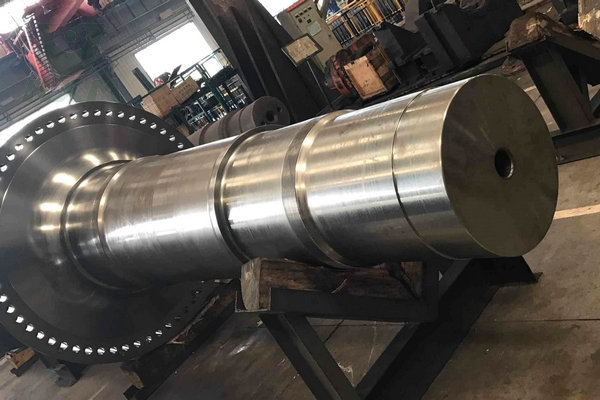
Copper: Electrical wiring, plumbing, and architectural applications.
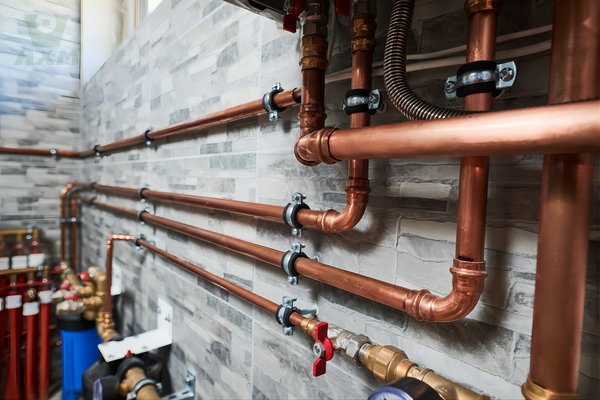
Case Studies: Real-World Applications of Incoloy vs Copper
Industrial Heating Elements
Incoloy’s heat resistance makes it a top choice for industrial heating applications, where durability is crucial.
Oil and Gas Industry
Incoloy is preferred for pipelines and equipment exposed to corrosive substances, ensuring safety and longevity.
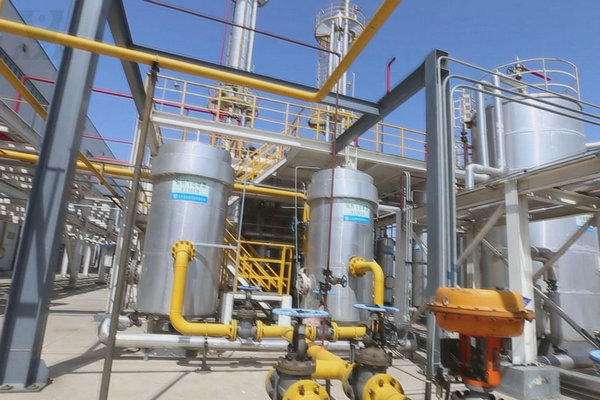
Copper is commonly used for its excellent thermal conductivity, ensuring efficient heat transfer.
Marine Applications
Incoloy’s resistance to saltwater corrosion makes it ideal for marine engineering, while copper’s affordability suits smaller-scale applications.
Aerospace Applications
Incoloy’s strength-to-weight ratio and thermal stability are essential for aerospace components.

Renewable Energy Systems
Copper is widely used in solar panels and wind turbines due to its conductivity and recyclability.
Automotive Industry
Both materials find use in this industry—copper for wiring and Incoloy for exhaust systems.

Frequently Asked Questions
Is Incoloy better than copper?
Incoloy has excellent heat resistance and durability, outperforming copper in high temperature and corrosive environments. However, copper has excellent electrical and thermal conductivity, making it the best choice for wiring and heat transfer applications. So which one is better depends on your specific application needs.
What are the key differences between Incoloy and copper heating elements?
Incoloy is more durable and heat-resistant, while copper offers superior thermal conductivity.
Which material is better for high-temperature applications?
Incoloy is better suited for high-temperature environments due to its stability and resistance to oxidation.
How does the cost of Incoloy compare to copper?
Incoloy is generally more expensive but offers longer service life in harsh conditions.
What are the typical applications of Incoloy and copper?
Incoloy is used in industrial heating, marine, and aerospace applications, while copper excels in electrical wiring, plumbing, and renewable energy systems.
How do Incoloy and copper differ in terms of corrosion resistance?
Incoloy offers superior resistance to harsh chemicals and saltwater, whereas copper is naturally corrosion-resistant but can develop patina.
What is the thermal conductivity of Incoloy compared to copper?
Copper has significantly higher thermal conductivity, making it ideal for heat transfer applications.
By understanding these differences, you can choose the material that best fits your requirements. Contact us today to learn more about Incoloy vs Copper products, or request a quote for your next project!
Huaxiao Special Alloy Steel Products

Incoloy Alloy
Incoloy Alloy Supplier and Manufacturer From China Incoloy alloys are a class of corrosion-resistant and high-temperature alloys widely used in petrochemical, chemical processing, seawater treatment,
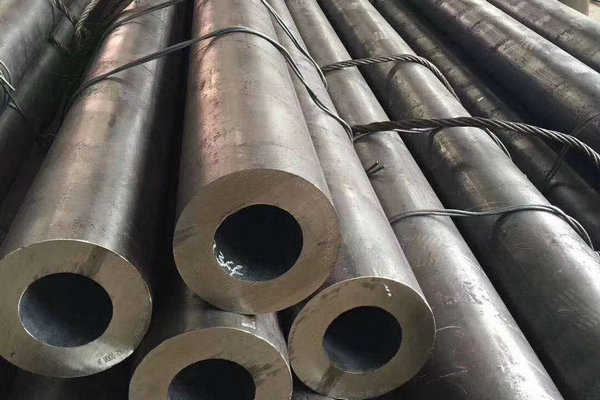
Monel Alloy
Monel Alloy Supplier and Manufacturer From China Monel Alloy is a high-performance alloy composed of nickel and copper, known for its excellent corrosion resistance and
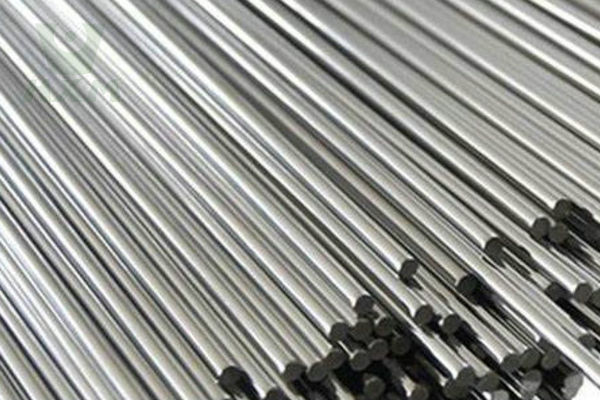
Inconel Alloy
Inconel Alloy Supplier and Manufacturer From China We specialize in providing high-quality Inconel alloys to meet the needs of various industrial applications. Inconel alloy is
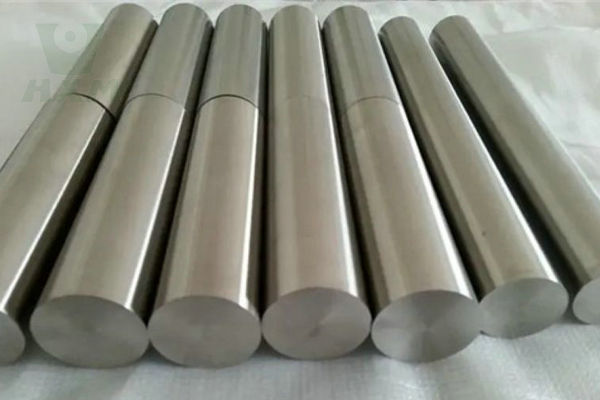
Titanium Alloy
Titanium Alloy Supplier and Manufacturer From China Huaxiao Metal is a China and Asia wide supplier of metal and titanium raw materials to the industrial,
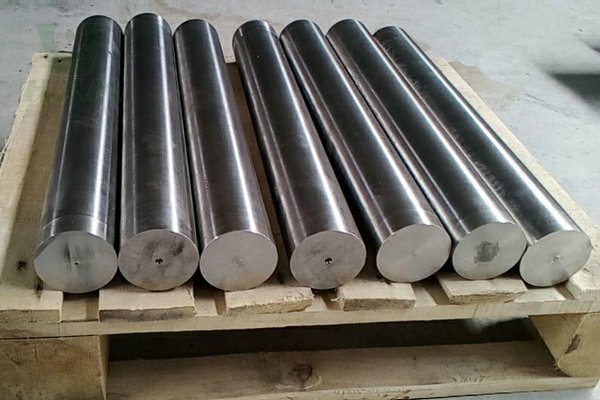
Precision Alloy
Precision Alloy Supplier and Manufacturer From China As a leading supplier of precision alloy steel, we provide high-quality alloy steel materials, which are widely used
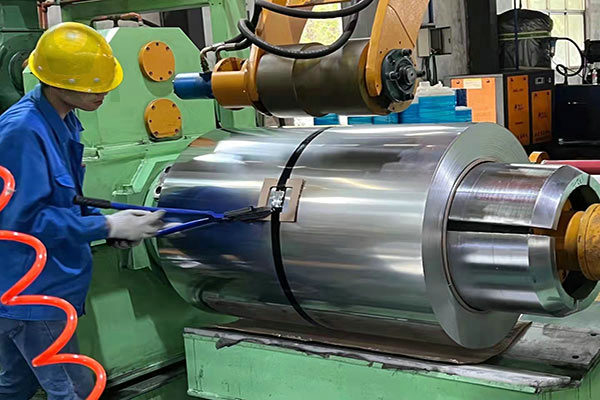
Hastelloy Alloy
Hastelloy Alloy Supplier and Manufacturer From China We provide high-performance Hastelloy Alloy materials designed to cope with corrosion, thermal stress, and high-temperature requirements in extreme
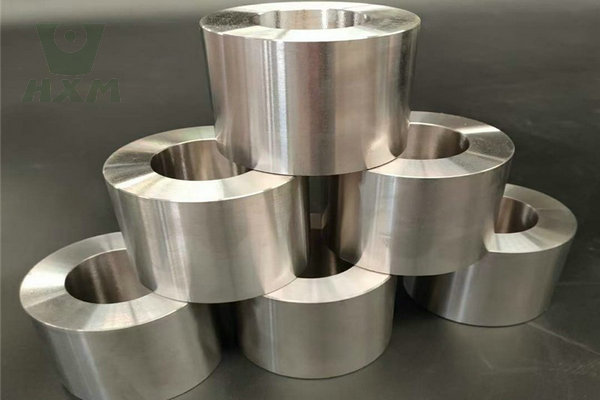
High Temperature Alloy
High Temperature Alloy Supplier and Manufacturer From China As a leading supplier of high temperature alloys, we are committed to providing customers with high quality
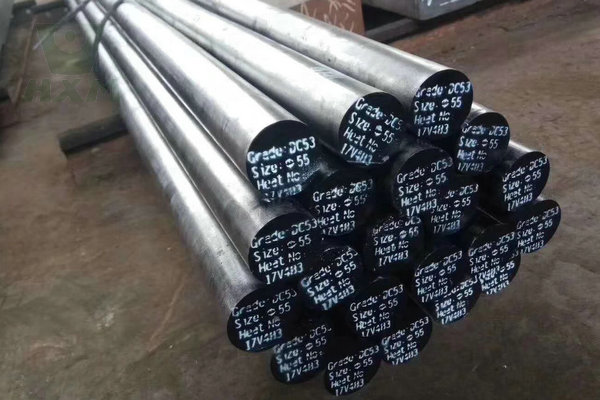
Precipitation Hardening Stainless Steel
Precipitation Hardening Stainless Steel Supplier and Manufacturer From China Precipitation hardening stainless steel is known for its excellent high strength and corrosion resistance and is
